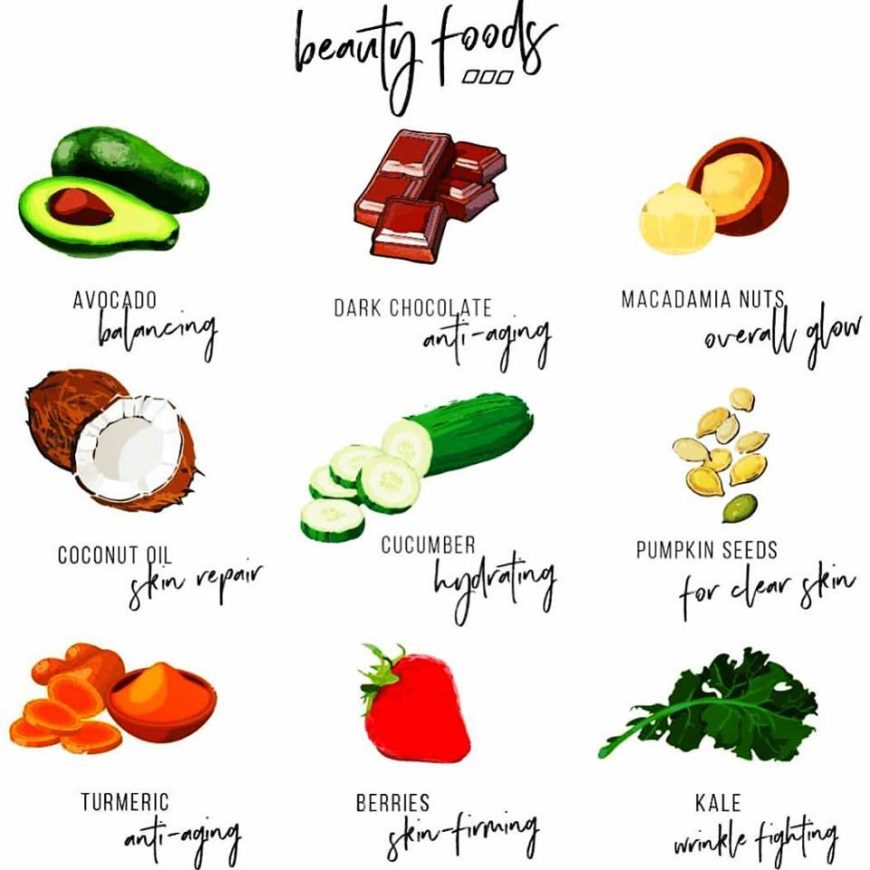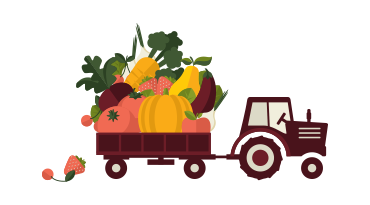There aren’t many situations when a Naturopath or Holistic Nutritionist will make blanket statements about what to eat and what not to eat. However, the following foods are not beneficial for anyone (on a daily basis). Of course, there will be special occasions. We are humans and not robots (yet). Whether your special occasions are once a week, once a month or once a year. That is up to you.
Manufactured Foods
All your favourites like pastries, cakes, biscuits, candy bars, lollies, ice-cream, processed breakfast cereals, low-fat dairy, ready-made meals, protein bars and protein cookies (just eat chicken). Basically, anything that doesn’t grow on trees or come in nature.
Found in most manufactured foods. It is devoid of nutrients and spikes blood sugar very quickly compared to nature’s sweetness, whole fruit. White sugar is dangerous because it doesn’t satisfy appetite. You would have to eat a lot of it to feel full.
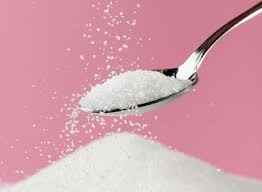
White Flour
White foods in general e.g. white bread, white pasta, white rice, and all baked products containing flour. These are poor options as they do not offer any vitamins, minerals, or benefit to your health. Choose the wholegrain option or an alternate nutritious option.
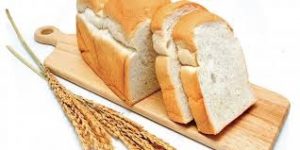
Soft Drinks
It is a cliché example, but a 330ml can of coke has 9.75 teaspoons (39 grams) of sugar. Not only do soft drinks contain about 7-10 teaspoons of sugar per can, phosphoric acid in carbonated beverages decreases bone density and increases the risk of fracture. Phosphorus is a requirement for healthy bones, however, the problem may be the imbalance of calcium to phosphorus and the unnatural source of it.
Fruit Juice
This is an inefficient way to get your daily quota of fruit. It is recommended to eat two to three servings of fruit per day, equivalent to about half a glass of fruit juice. But you are not even getting the fibre. We know fruit juice rots our teeth so imagine what it does to our insides.
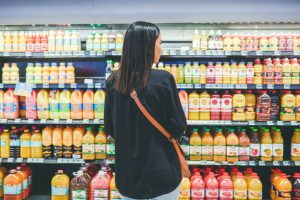
Processed Meats
These contain four times more sodium and 50% more nitrates than unprocessed meats.
Processed meats are linked to bowel cancer. NZ has one of the highest rates of bowel cancer in the world. We also have one of the highest red meat and dairy consumptions in the world. A high intake of animal foods is associated with bowel cancer. Those who eat processed meats are 19% more likely to develop type 2 diabetes.
However, in one study, a small daily consumption of processed meat increased the risk of developing type 2 diabetes by 51%!
These include commercial sausages, bacon, ham, hot dogs, salami, smoked meats, deli meats and canned meats, contain nitrates (sodium nitrate) as a preservative. Nitrates are potentially carcinogenic, more-so if the person is deficient in vitamin C.
Vitamin C helps to neutralise the effects of nitrates by converting them into nitric oxide, a beneficial compound that is a vasodilator and can lower blood pressure. If vitamin C is not available, nitrates are converted into the carcinogenic form called nitrosamines. This does not mean you can pig out on bacon, ham and pork sausages while drinking orange juice (containing vitamin C)!
Trans Fats
Deep-fried foods, margarine, baked goods, processed foods, and anything containing ‘vegetable oil’. Vegetable oils include soybean oil, canola oil, sunflower oil, corn oil, cottonseed oil, safflower oil, peanut oil, sesame oil and rice bran oil. The problem is when these polyunsaturated fats are heated, they oxidise very quickly. This is extremely harmful to our health.
Trans fats interrupt cellular function and membrane fluidity by disrupting the process of nutrients getting in and waste getting out of cells. In comparison omega 3 promotes cell membrane flexibility.
We could say that trans fats and omega 3 are opposites, one is inflammatory and one is anti-inflammatory.
Trans fats are associated with obesity, diabetes, high cholesterol, heart disease, and cancer. In diabetes, trans fats affect glucose getting into cells. Therefore, more insulin is required in diabetics who eat more trans fats. Not to mention most of these oils are genetically modified.
Believe it or not, lard and tallow are healthier than trans/hydrogenated fats!
Additives e.g. Preservatives and Food Colourings
Over 500 additives are permitted to be used in our foods. The average person eats 5kg of food additives per year in man-made foods. All of which our body has no mechanism to metabolise.
This puts a lot of pressure on our liver. Our liver will then require more nutrients for detoxification e.g. B vitamins, folate, vitamin C, vitamin E, and selenium.
However, we are consuming less nutrients nowadays which further hinders our ability to process these. It is a chicken-and-egg situation, eating more toxins and less nutrients.
Natural, whole and unprocessed foods are all additive free. You don’t even need to check the label because most of them don’t have one!
Alcohol
The costs outweigh the benefits (of antioxidants in red wine). Alcohol depletes the body of vitamin A, B complex vitamins, vitamin C, vitamin D, magnesium, calcium, zinc, iron, manganese, potassium, chromium, phosphorus, and omega 3. Consider all of the vital functions in our body that demand these nutrients, alcohol affects all of these.
And don’t think a multivitamin can make up for this!
All of these food ingredients (manufactured foods, white sugar, white flour, soft drinks, fruit juice, processed meats, trans fats, additives and alcohol) are found in typically unhealthy foods. What’s left after you cut out all of these? Mostly healthy foods.
Cut out processed foods for a period of time. Notice how you feel and see if you miss them.
*Extract from my book MY NUTRITION MENTOR by Liv Kennedy

Check out my blog ~ 10 Healthy Foods That Aren’t Really Healthy
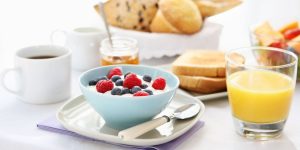
Your Nutrition Mentor,



